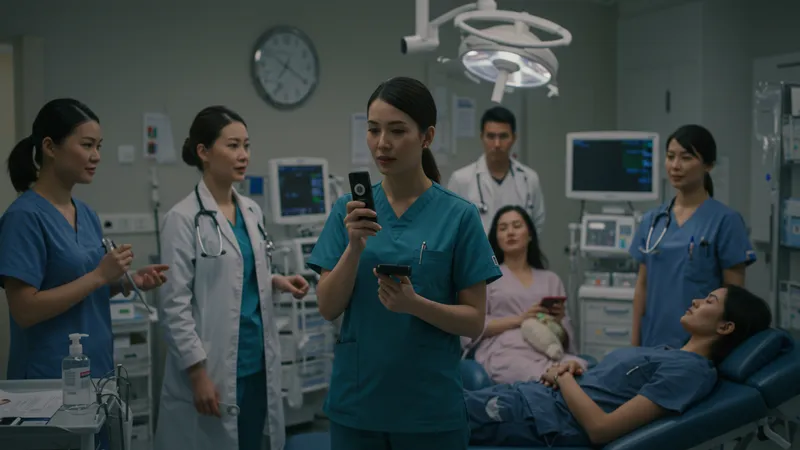
Understanding IVF Treatment Costs And Options In Thailand Vs. The USA
Breaking Down Language Barriers
Language can be a formidable hurdle when seeking medical care abroad. In high-stakes environments like an IVF clinic, understanding treatment options and communicating nuanced needs isn’t just ideal, it’s essential. While Thai isn’t the mother tongue for many international patients, language barriers in the country’s medical facilities surprisingly do not present insurmountable challenges—here’s why.

Thailand’s rise as a medical tourism hub has necessitated the integration of multilingual staff within its healthcare ecosystem. Most renowned clinics today boast professionals proficient in English among other languages, easing communication and fostering an inclusive environment. Such linguistic diversity isn’t always matched in US clinics unless specifically oriented towards international clientele. This adaptation provides a reprieve for non-local patients grappling with medical jargon.
Equally important is cultural literacy, which Thailand’s facilities excel in accommodating. As international patients are frequent, clinics have naturally evolved to conduct sensitive facilitation with cultural empathy, respecting diverse cultural needs and healthcare practices. Through an aligned understanding of diverse cultural expectations, care providers not only bridge language but cultural gaps—making it a uniquely compelling destination for overseas IVF faith-holders.
While planning such an emotive personal journey as IVF abroad, Thai clinics often offer the kind of empathetic communication that transforms standardized treatment into personalized care—combining linguistic capabilities with cultural poise. This rich tapestry of communication skill sets them apart fundamentally. Here, we start to scratch the surface of how orchestrated professionalism can redefine healthcare experiences completely. And the underlying elements tie into an even bigger reveal…